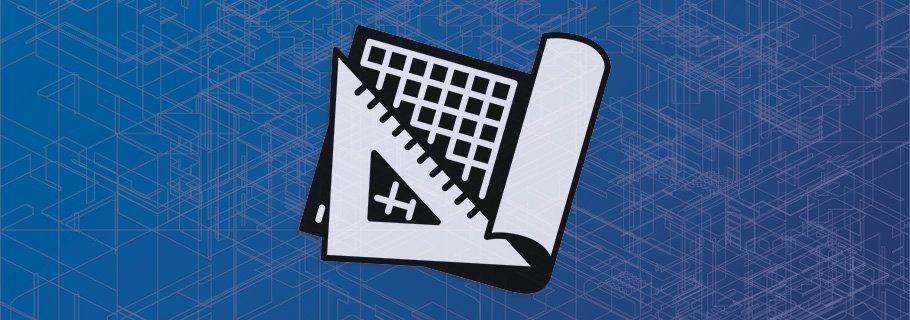The headline says it all: “The Dawn of the Designer Babies.” Scientists have developed a new technology meant to eliminate genetic abnormalities in newborns. They do this by combining the DNA of three people instead of only two. The procedure has been successfully tested in monkeys and now the FDA is considering whether the trial should expand to humans. At first the procedure would be available only to women who are likely to pass on debilitating genetic diseases to their children. After that? Well, we can only imagine.
The history of technology shows that we would far rather ask the “can we?” questions than the “should we?” questions. We are more interested in ability than morality. Lest we get cocky, we ought to admit that this is true in the small picture as much as the big picture, in the living room as much as the laboratory. Our relationship to technology is such that on some level we tacitly believe technology’s gifts to us must be good. We believe this when the new social network or the new cell phone comes along and we believe this when the new experimental procedure comes along.
According to Fox, this new “experimental technique, if approved for use, would allow a woman to give birth to a baby who inherits her normal nucleus DNA but not her defective mitochondrial DNA.” In order “to accomplish this, researchers would remove the nucleus DNA from a healthy female donor’s eggs and replace it with the nucleus DNA of the prospective mother. After fertilization, the resulting child would inherit the mother’s nucleus DNA — which contains most inherited traits like eye color and height — but the donor’s healthy mitochondrial DNA.”
On a pragmatic level, this makes all kinds of sense. It promises to further eliminate diseases and abnormalities, goals that are well within our God-given mandate of filling this earth and exercising dominion over it. On an ethical and spiritual level it is troubling. The slippery slope implications are especially disquieting because this same technology could be used to craft custom-built, designer children, a specific combination of traits according to the parent’s specifications. Once we allow designer children, we will not be far from expecting designer children. Once we can eliminate genetic abnormalities, it will not be long before we should eliminate genetic abnormalities, where it is considered downright cruel not to eliminate them. When this happens, the disabled and those who brought them into the world will be further marginalized. We could discuss the implications all day long.
But I want to make narrower observations. It never ceases to amaze me how the world breaks down when people will not look to the Bible in order to gain God’s perspective on matters like these. The Bible assures us we are so marred by sin and so full of ourselves, that in order to know ourselves, in order to know God, and in order to know how to live in this world, we must gain God’s perspective through his Word. When we read and believe and obey and trust the Bible, our outlook is absolutely transformed. We are given God’s eyes to see this world.
The Bible tells that we already have designer babies, children custom-crafted by an all-good and all-knowing God.
This is exactly the case when it comes to designer babies, because here’s the thing: The Bible tells that we already have designer babies, children custom-crafted by an all-good and all-knowing God. This is true if our babies are exactly the way we had wished and imagined and it is true if our babies are the very opposite of what we had wished and imagined. It is true if our babies are healthy and “normal” and it is true if our babies are unhealthy and severely disabled. They are all designer children.
We see this in John 9. There Jesus and his disciples pass by a man who has been blind since birth—a genetic abnormality, perhaps—and they ask, “Rabbi, who sinned, this man or his parents, that he was born blind?” Jesus replied “It was not that this man sinned, or his parents, but that the works of God might be displayed in him.” Jesus turns right away from the cause of the blindness to the purpose behind the blindness: the works of God. The glory of God. God. That is why this man was born this way: God. Piper says it well:
When there is a defective chromosome or some genetic irregularity in the sperm that is about to fertilize an egg, God can simply say no. He commands the winds. He commands the waves. He commands the sperm and the genetic makeup of the egg. If God foresees and permits a conception that he knows will produce blindness, he has reasons for this permission. And those reasons are his purposes. His designs. His plans. God never has met a child from whom he had no plan. There are no accidents in God’s mind or hands.
God does not display himself only through ability, but also through inability and disability.
God does not display himself and his glory only through normalcy, but also through abnormality. God does not display himself only through ability, but also through inability and disability. God does not display himself only through strength, but also through weakness.
We do well to end suffering when we are able to. We do well to cure disease and eliminate curable pain. But we dare not step into God’s place as those who will design babies according to our plan rather than his. We dare not trust our goodness ahead of his goodness, our wisdom ahead of his wisdom. Sometimes God’s good and wise plans involve something we would not choose and would never design, such as a child with a severe genetic abnormality. But when we trust a good and wise God, we rejoice that the works of God might be displayed in all of these.










